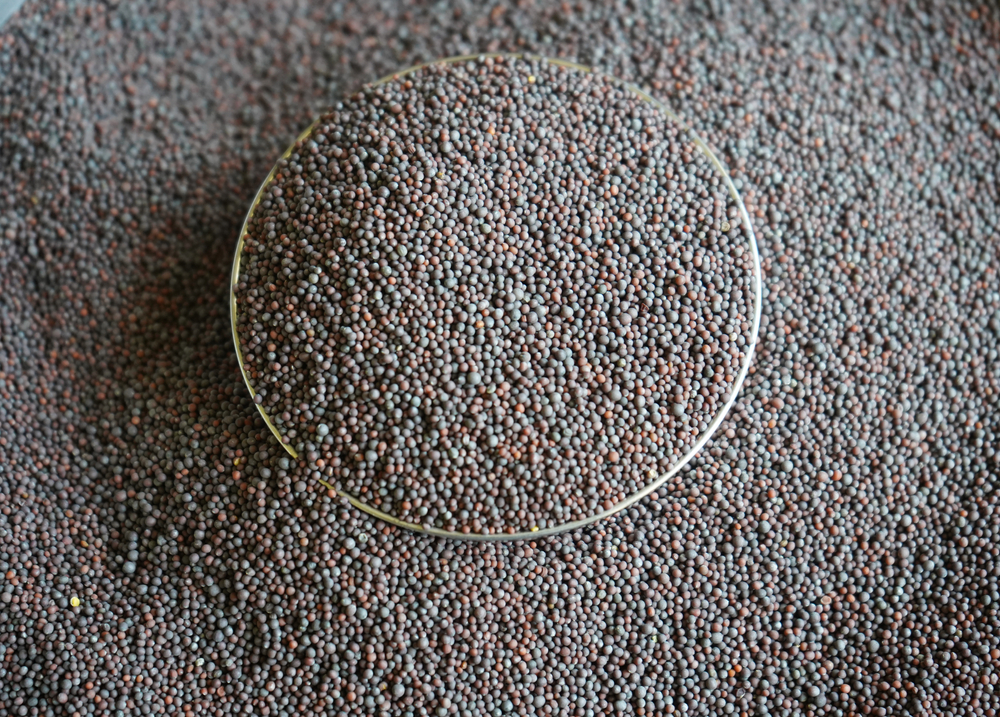They include mustard seeds, cabbage, morning glory, rose, hibiscus, and mint.

The USDA has issued some updates on the hundreds of reports from across the country about those mysterious, unsolicited seeds that showed up in the mail.
Those packages of seeds, many of which originated from China and various Central Asian countries, aroused widespread suspicion and conspiracy theories. The USDA announced last week some preliminary findings on samples of those seeds.
According to Reuters, the USDA has identified several different species in those seed samples, all of which are fairly common. The USDA’s update mentions flowers, herbs, and vegetables, including mustard, cabbage, morning glory, rose, hibiscus, mint, rosemary, and lavender. Some officials remain concerned about the possibility of damage to American crops; Robin Pruisner, the state seed control official at the Department of Agriculture and Land Stewardship in Iowa, told Reuters that some descriptions have indicated purple seed coatings.
Those coatings are a common way to deliver herbicides and insecticides to plants, and theoretically a coating of this sort could kill plants that are not genetically modified to be immune to it. That said, the USDA has not found any indication that these seeds are coated with anything—at least, they haven’t mentioned it—and the USDA maintains that there’s nothing more nefarious here than a mild e-commerce scam.
The USDA says it currently believes that the seeds are part of a “brushing scam,” in which online sellers ship cheap, lightweight packages to customers who never ordered them. This allows them to then post “verified” reviews of those products, because they can prove that said products actually were delivered to a specific address. It is, as far as online scams go, pretty innocuous, though it does reveal how much personal information (name and address) is held and used improperly by these companies.
Seeds would be a decent brushing scam product, because they’re so small and light that they would cost very little to ship.
Perhaps the larger problem here is the wide availability of foreign seeds online. Marketplaces like AliExpress, Wish, eBay, and Amazon sell many seeds which ship from foreign companies. Many of these are in China, because many companies that sell everything on these online marketplaces are located there, but foreign seeds are not subject to USDA oversight as American seeds are. In other words, you don’t really know what you’ll be getting, and there are plenty of customer reviews indicating that. Worse, foreign seeds could be invasive species which actively harm the environment in the US.
As a result, state and federal agriculture departments are asking anyone who’s received mystery seeds not to plant them—even if there’s a pretty good chance they’re just cabbage seeds.
Some of the pictures of seeds I have seen in other on-line articles (The Guardian, e.g.) look like Citrus seeds.